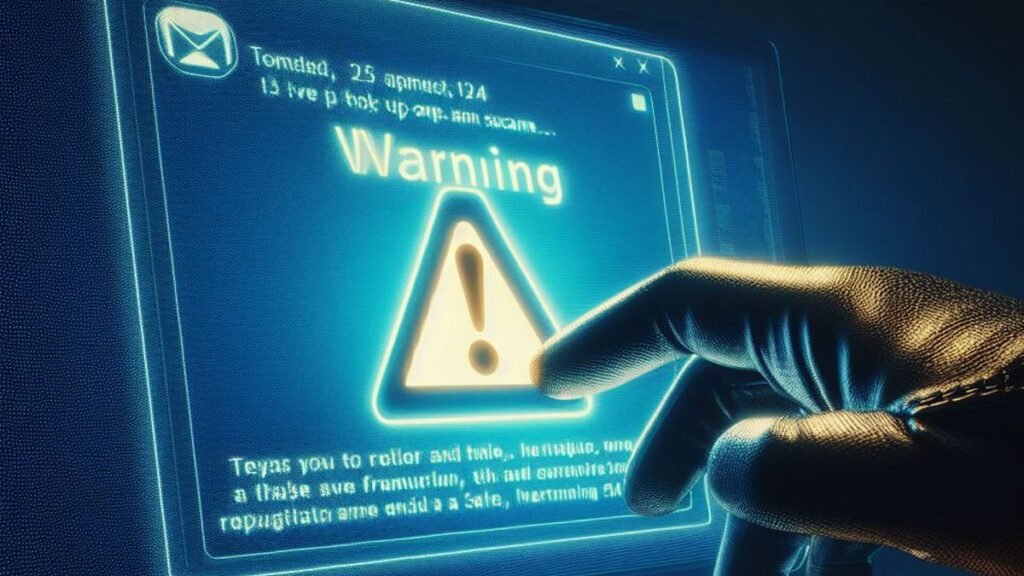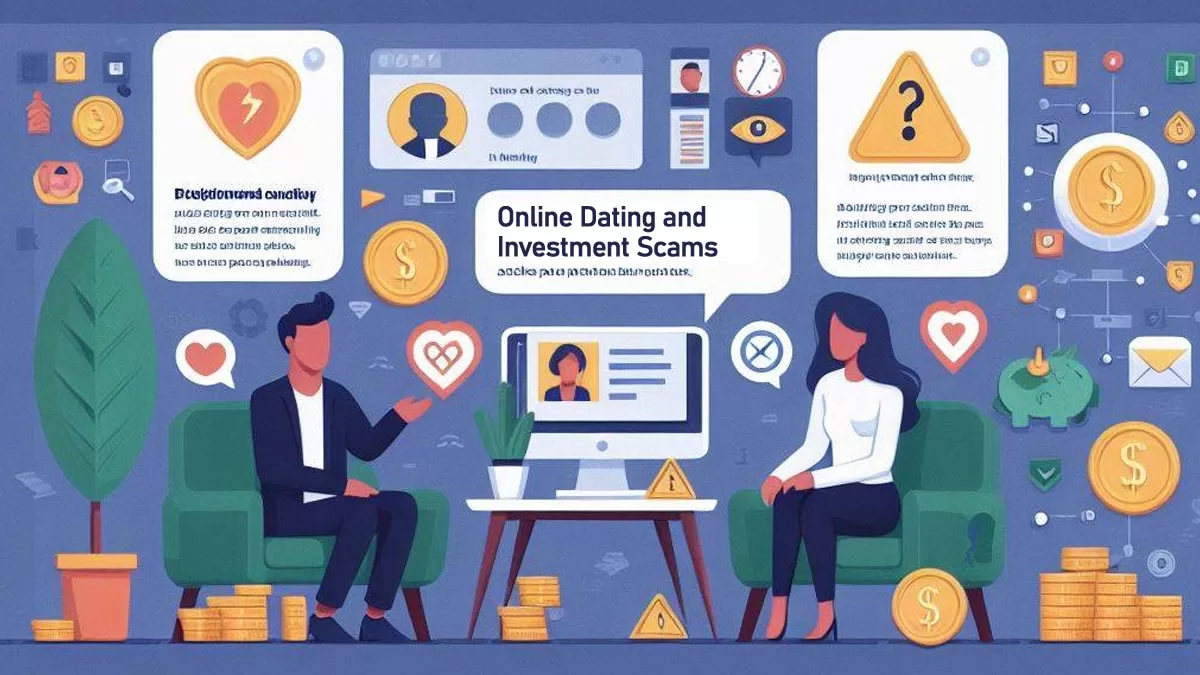Highlights
- Shelby County Trustee highlights check scams, government grant frauds, and IRS impersonation as top scams.
- Thieves now use digital techniques for check fraud, posing a sophisticated threat to consumers.
- U.S. Bank ordered to pay nearly $21 million for blocking access to unemployment benefits during the pandemic.
In an effort to keep the public informed and safe, Regina Morrison Newman, the Shelby County Trustee, has shifted focus towards the most prevalent scams currently affecting locals and citizens nationwide. The scams in question involve sophisticated methods to defraud individuals, ranging from altered checks to fake government grants and IRS impersonation attempts.
Check Scams on the Rise
Initially, check washing involved physically altering checks stolen from mailboxes or postal carriers. The updated method, dubbed “check cooking,” involves digitally capturing a check’s image to alter and reuse it, a testament to the evolving nature of these scams. To combat this, individuals are encouraged to opt for electronic transactions over traditional checks and to monitor their bank accounts closely.
Government Grant Scams
A persistent scam involves promises of “free government money,” convincing individuals they can receive grants without repayment. These scams often utilize social media, texts, and emails to reach potential victims. To avoid falling prey, the public is advised to be skeptical of unsolicited offers and to verify the authenticity of any supposed government agency offering money.
IRS Impersonation Scams
With tax season underway, IRS impersonation scams are expected to surge. These scams typically involve unsolicited communications claiming to offer tax refunds or e-statements to steal personal information. The key takeaway is that the IRS does not contact taxpayers via email, text, or social media for personal information.
A Win for Consumers
In a notable victory for consumer protection, the Consumer Financial Protection Bureau (CFPB) has ordered U.S. Bank to compensate for its mishandling of accounts during the peak of the COVID-19 pandemic, ensuring those affected by the bank’s actions receive nearly $21 million in redress.
Regina Morrison Newman and the Shelby County Trustee’s office remain dedicated to helping consumers navigate the risks of scams and fraudulent activities. For more information or assistance, they encourage reaching out directly or visiting their Wallet Warnings page for updates on emerging scams.






